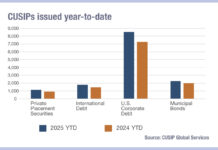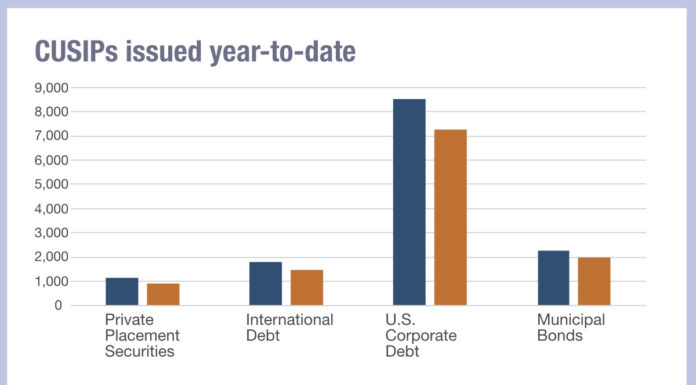A new staff paper published by the Federal Reserve Bank of New York has found there are possible advantages in delivering all-to-all trading to the US Treasuries market, in order to increase stability in times of stress. However, it has also noted that a major barrier to using this protocol would be the sensitivity around primary dealers, whose participation in the dealer-to-dealer (D2D) US Treasuries market has become increasingly marginalised by the activity of proprietary trading firms.
“Some market participants observes that a subset of liquidity providers might chose to not engage with all-to-all trading if they perceive it as negatively affecting their business model,” the authors wrote. “For example, the current dealer-intermediated market structure may result in some dealers benefiting from intermediation revenues. If they or other large liquidity providers were to choose not to participate in all-to-all venues, this could reduce the venues’ ability to attract customers.”
There is also keen buy-side awareness of the risk of alienating dealers, it went on, with some noting that those relationships could be affected by the use of all-to-all platforms, impacting liquidity in volatile markets.
“Market contacts indicate that some customers are comfortable with their broker dealers, making them hesitant or unmotivated to transact more in all-to-all trading venues,” it noted. “Dealers are considered particularly important for facilitating large trades in less liquid securities. Moreover, at times of market stress, having these relationships is considered important as they provide some incentive for dealers to take the other side of a trade. The broker-dealer relationship is also cited as providing other benefits besides execution, such as financing and information about market conditions.”
There would need to be a sufficient critical mass from buy-side firms in order to deliver the necessary volume of trading to make connectivity with market infrastructure worthwhile, the authors wrote.
“Dealer support may be a necessary, but not sufficient, element for success. Without explicit demand from the largest and most active customers, the downstream providers of connectivity and post-trade services e.g. order management services, vendors, clearinghouses, etc. may not be sufficiently incentivised to provide the systems connectivity necessary to make all-to-all trading an attractive alternative for many market participants.”
©Markets Media Europe 2025


























